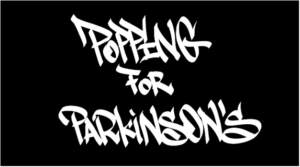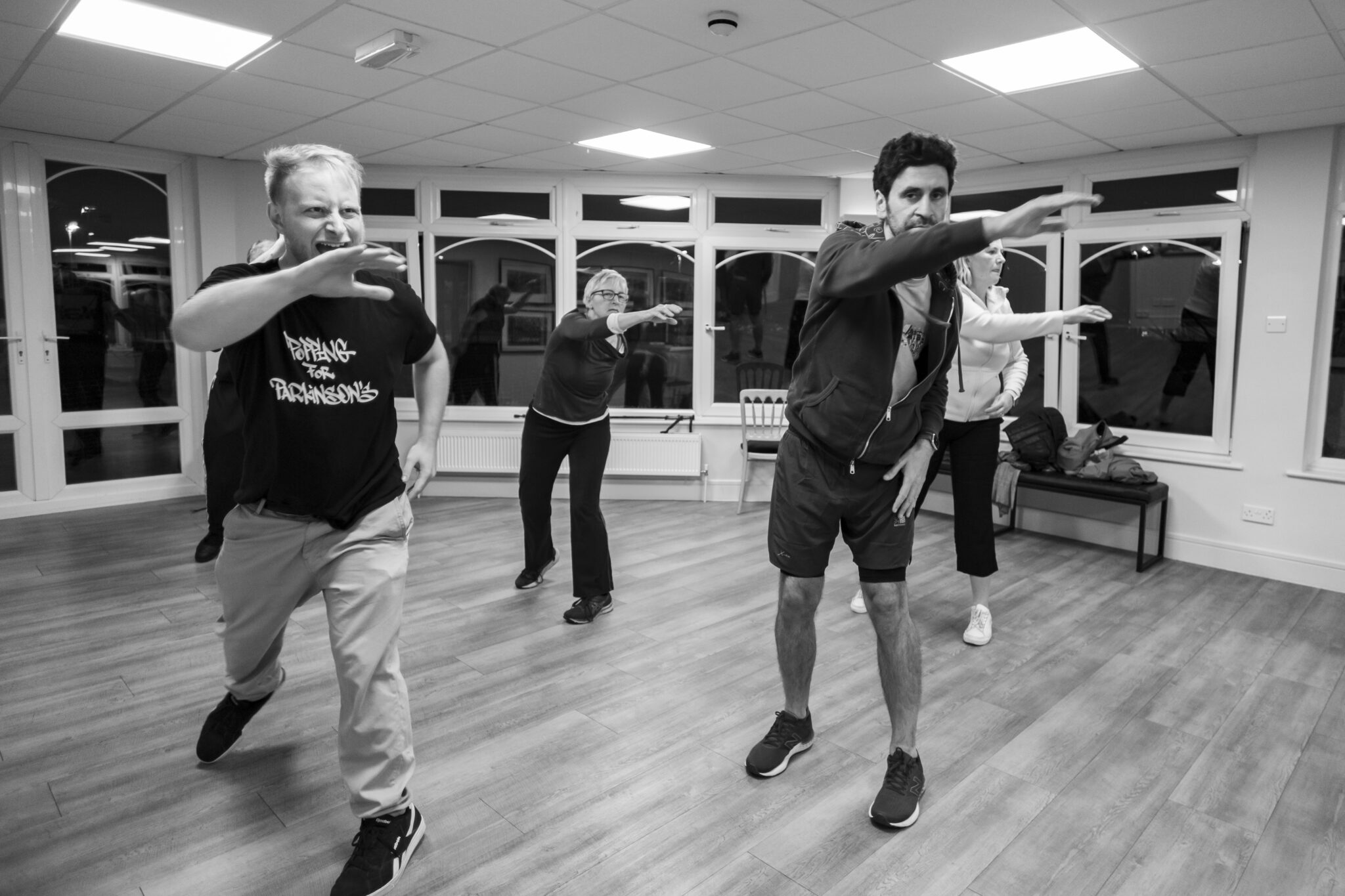An interview with Simone Sistarelli Popping For Parkinson’s: transforming a symptom into a superpower on January 15, 2024 by George Ackerman, Ph.D, J.D.

Biography
I am a dance artist, musician, social entrepreneur, author and public speaker.
I am the founder of Popping For Parkinson’s, a project that transforms Parkinson’s patients into Popping dance students.
I also am a twice TEDx Speaker.
I have been awarded in the Universal Hip Hop Museum Hall of Fame for the contribution to Hip Hop Culture, and awarded by the UK Government as a Point of Light outstanding volunteer.
I have a BA in Contemporary Dance from Trinity Laban Conservatoire of Music and Dance and an MSc in Dance Psychology from the University of Hertfordshire.
I started dancing when I was 10 years old, and I have not stopped since!
Can you tell me more about your organization?
Popping for Parkinson’s started in July 2015 in collaboration with SLYPN as a self-funded class and as an experiment. Today, we are an award-winning project that offers free weekly Popping dance classes. The project won several awards, and we got funding from the mayor of London, Sadiq Khan through the Culture Seeds program and from the National Lottery Community Fund. Our mission is to transform as many people as possible and to bring out the fire and the passion for life.
The great thing is that thanks to this project, everyone wins. The participants win, because they have benefits, they enjoy it, they come for free, and they connect with other people over artistic expression and not over their disease. And I win because I do what I love.
So, we all win, which is the great thing about Hip Hop and projects like this.
What is your passion and how did you get involved in Parkinson’s awareness and hope for a cure?
My grandpa had Parkinson’s, so I always had a personal connection with the disease. I wish I could go back in time and dance with him. I wanted to share what I love the most with the people that could benefit from it the most.
What type of goals do individuals with Parkinson’s have when working with you?
Several reasons. Possibly the strongest is to have one hour a week in which they don’t feel like patients, but they feel like people, surrounded by good music and supportive fellow dancers. Physical activity and exercise are also important goals. Socializing in a “non-Parkinson” environment is also present.
What type of training and how long are the programs?
We offer Popping dance classes every week throughout the year. All classes are free of charge as I don’t want to profit off of disability.
What effect can it have on an individual with Parkinson’s?
The impact can be huge!
The benefits are there on all levels: physical (as we dance and keep fit), social (as you connect with like-minded people), spiritual (as dance is uplifting and expressive), psychological (as mood and quality of life are positively affected) and more.
One of my students in New York actually once wrote to me in a feedback form that he feels like my dance classes are giving him back the control over his body that he has been losing because of Parkinson’s. He also mentioned the “Wows” that he is getting from his grandchildren when they see him dance. Suddenly this person has a completely new relationship with his grandchildren, and they see their grandad like someone really cool. This kind of effect is really, really powerful.
What would you like to see as a future goal for your programs?
More people are joining the classes to benefit from it!
What events do you participate in?
Not many, we are a niche reality, but we do what we can to do outreach, workshops, and awareness work.
How does this also assist the caregivers?
The project allows patients and caregivers to all be dancers on the dance floor, nurturing a valuable kind of relationship.
How can someone get in touch? What is your website?
All info are on the website www.poppingforparkinsons.com
How can others also become advocates for awareness?
Please get in touch through the website for more info!
In your opinion what is the key to effective advocacy?
Representing the truth without overdramatizing and targeting the people that can make a change.
How can we better fundraise to support a cure for Parkinson’s?
I am not sure how to answer that to be honest, I wish I was!
What other activities do you undertake to help improve and support your daily living Eg exercise and alternative remedies?
I personally keep fit by dancing and trying my best to maintain a healthy varied balanced diet.
Why should people who don’t have Parkinson’s care about this?
Because Parkinson’s is one of the fastest growing diseases worldwide and it still has no cure to date. With an ever-ageing population, it is extremely likely that Parkinson’s will present itself in everyone’s life directly or indirectly.
Have you had any family members or relatives affected by Parkinson’s disease?
My grandfather had Parkinson’s.
If you had one song that would tell us more about you or represent your life which song would it be?
That is an extremely challenging question for me, I don’t think I have one! But a good starting point would be “I am blessed” by Rumer, as I am very grateful and thankful for the journey of my life.
If you had one final statement or quote you could leave for the Parkinson’s community, what would it be?
Never give up!

